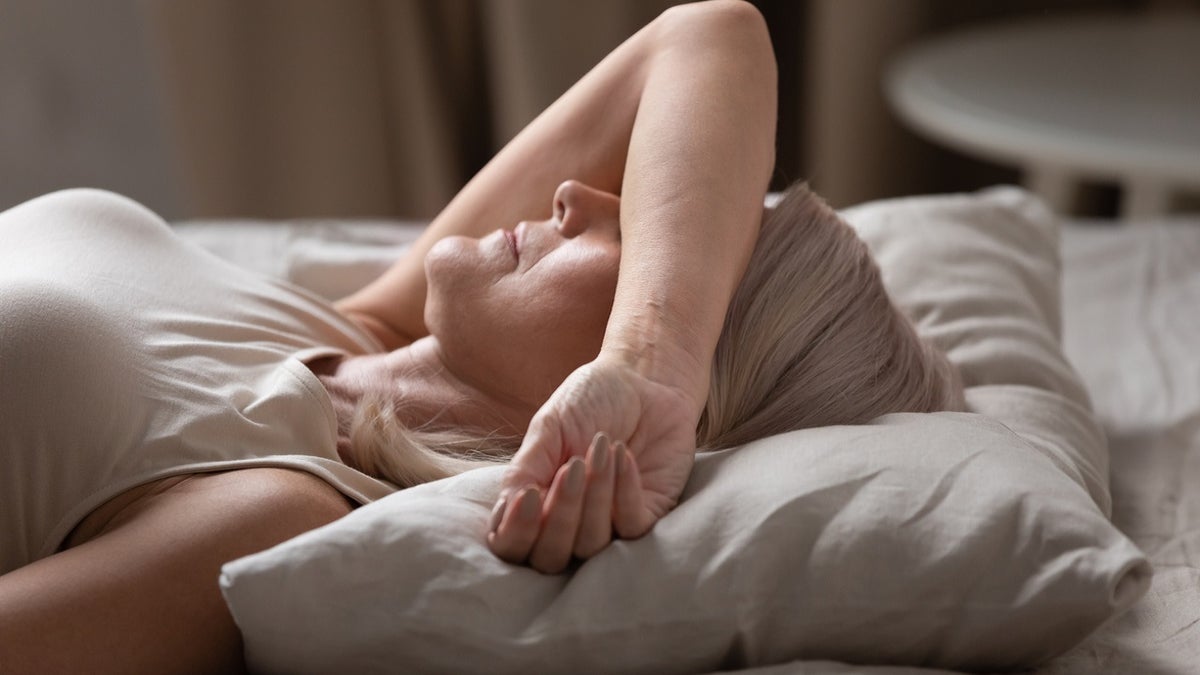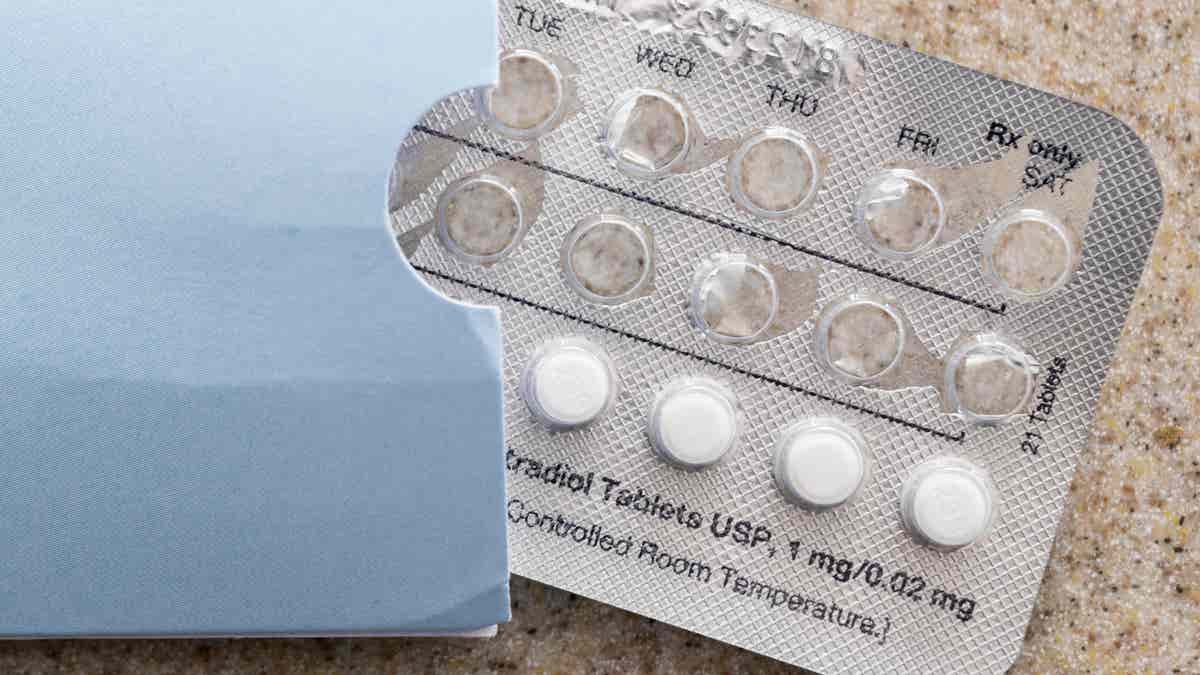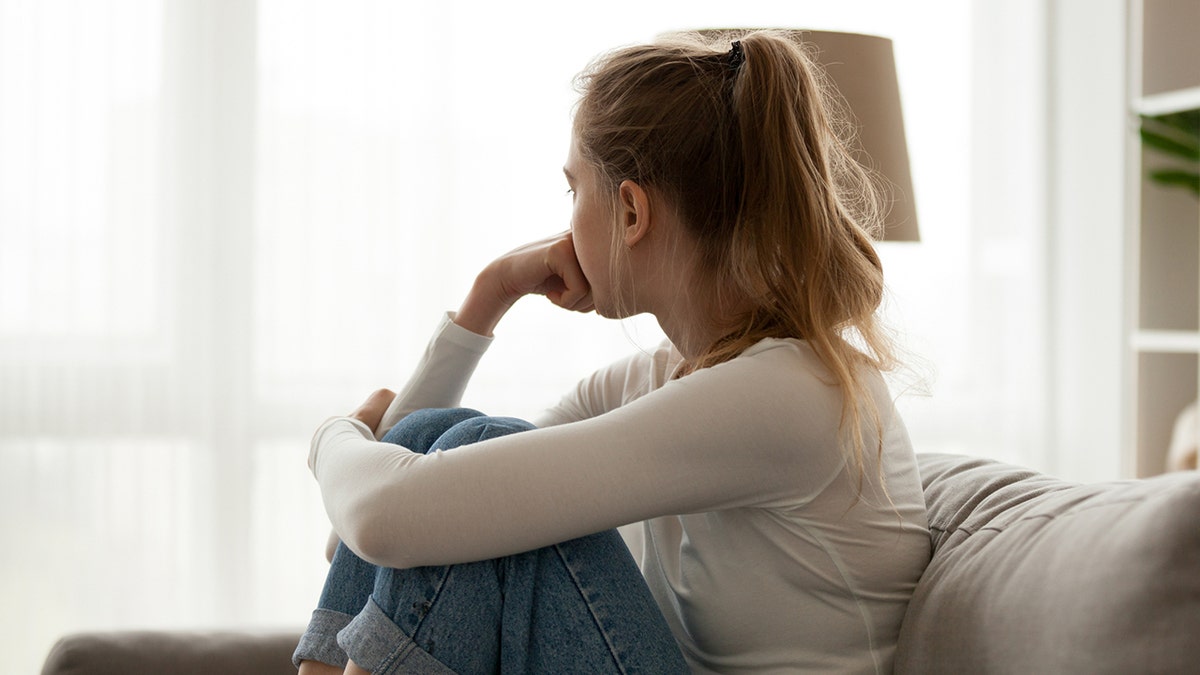AI-powered mental health diagnostic tool could be first of its kind to predict, treat depression
Psychotherapist Thomas Kersting and podcast host Reid Blackman on the pros and cons of AI use in mental health care
Women who take a certain type of prescription birth control pill as teens may have a much higher rate of depression, a new study out of Sweden's Uppsala University suggested, compared to those who do not take birth control pills.
Women who start taking the birth control as teens have a staggering 130% higher rate of occurrence, compared to non-users, according to the study — while the corresponding increase among adult users was 92%.
The study looked at over 250,000 women from the United Kingdom from birth until menopause. It examined the possibility of a link between the use of contraceptive pills — and a later diagnosis of depression.
"Although contraception has many advantages for women, both medical practitioners and patients should be informed about the side effects identified in this and previous research," said Therese Johansson, a PhD student in the Department of Immunology, Genetics and Pathology at Uppsala University and one of the study's leading researchers, in a press release issued on June 12.
In emailed comments to Fox News Digital, Johansson said of her team's research, "I am not surprised that a certain subgroup of women experience severe mood symptoms, including depression, when initiating combined oral contraceptives, which was the contraceptive method we studied."

One of the most common side effects of oral contraceptives is changes in mood, one of the study's lead researchers told Fox News Digital. (iStock)
She continued, "Mood effects is one of the most commonly reported side effects; however, this has been difficult to study previously, due to the so-called healthy user bias."
She also said, "The most important [consideration] is that it seems like some women experience depressive symptoms in the beginning of treatment, which is something women should be informed about before initiating combined oral contraceptives."
Johansson added, "However, we did not see any further increased risk with continued use after the first two years of use. With that said, women who have been using combined oral contraceptives for a longer period of time should not discontinue if they do not experience any negative side effects."
AI MAY HAVE AN ‘EYE’ ON GROWING BABIES: COULD PREDICT PREMATURE BIRTH AS EARLY AS 31 WEEKS
She noted, "As most women tolerate combined oral contraceptives well, it is a great option for many women. It prevents unplanned pregnancies and can protect against both endometrial and ovarian cancer."

The use of the combined birth control pill, which includes both estrogen and progestin, is linked to a higher incidence of depression among women when compared to those who did use that birth control pill, said a new study out of Sweden's Uppsala University. (JIM WATSON/AFP via Getty Images)
Study results
The link between the use of the combined contraceptive pill — which contains both estrogen and progestin — and symptoms of depression was found in both those who started using the pills as teens as well as those who began using the pills as adults.
"The powerful influence of contraceptive pills on teenagers can be ascribed to the hormonal changes caused by puberty," said Johansson in the release.
While "most women tolerate external hormones well" and are able to effectively use contraception — this is not the case for everyone, said the lead author.
"As women in that age group have already experienced substantial hormonal changes, they can be more receptive not only to hormonal changes but also to other life experiences," she added.
The incidence of depression declined after the first two years of contraception use in older women, the study also found.
WOMEN MORE LIKELY TO SUFFER FROM ‘LONG COVID,’ BUT HEALTHY HABITS CAN LOWER THE RISK
"However, teenage users of contraceptive pills still had an increased incidence of depression even after stopping [use of] the pill, which was not observed in adult users of contraceptive pills," said the release.
Johansson noted that while "most women tolerate external hormones well" and are able to effectively use contraception — this is not the case for everyone, she said in the release.

A new study examined over 250,000 women who were on the combined contraceptive pill. "Certain women may have an increased risk of depression after starting to use contraceptive pills," said the lead author of a new study. (iStock/REUTERS/Eduardo Munoz/File Photo)
"Certain women may have an increased risk of depression after starting to use contraceptive pills," she said in the release.
As the study examined only the combined contraceptive pills, there is still additional work to be done to see if other forms of contraception also carry with them an increased risk of depression in younger users, the study author noted in the release.
"Our ambition in comparing different contraceptive methods is to give women even more information to help them make well-informed decisions about their contraceptive options."
"Since we only investigated combined contraceptive pills in this study, we cannot draw conclusions about other contraceptive options, such as mini pills, contraceptive patches, hormonal spirals, vaginal rings or contraceptive rods," Johansson clarified.
"In a future study, we plan to examine different formulations and methods of administration," she also said in the release.
CHATGPT SHOWS ONE DANGEROUS FLAW WHEN RESPONDING TO HEALTH CRISIS QUESTIONS, STUDY FINDS
"Our ambition in comparing different contraceptive methods is to give women even more information to help them make well-informed decisions about their contraceptive options."
Health care professionals should "be more aware of possible links between different systems of the body, such as depression and the use of contraceptive pills," said the news release.

"It is important for care providers to inform women who are considering using contraceptive pills of the potential risk of depression as a side effect of the medicine," the researchers noted. (iStock)
"The researchers conclude that it is important for care providers to inform women who are considering using contraceptive pills of the potential risk of depression as a side effect of the medicine," the study team noted.
Limitations of the study
Fox News medical contributor and NYU Langone internal medicine specialist Dr. Marc Siegel, who is based in New York City, told Fox News Digital that the study needed additional work before solid conclusions could be drawn — although he said it looks as though there is a connection.
While depression was an "associated observational finding" with the use of contraception, it could stem from other factors, he said.
CLICK HERE TO GET THE FOX NEWS APP
"We still don't know if it is due to chemical or metabolic effects of the hormone changes and effects on the brain or could it be partly due to associated lifestyle changes in those who are on these pills," said Dr. Siegel.
CLICK HERE TO SIGN UP FOR OUR HEALTH NEWSLETTER
"[It] needs a double-blinded prospective randomized trial to confirm," he added, "but [it] looks likely that the pills do increase depression risk significantly."









































